Farm Management Software: Top 10 Picks in 2025
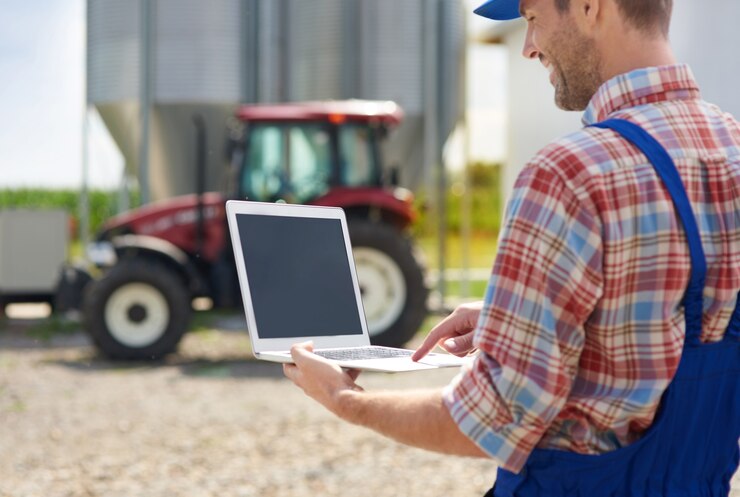
Introduction The agricultural industry has changed with time. Gone are the days when farmers implemented old farming methods based on intuition. Today, technology has helped farmers implement sustainable farming practices, enabling them to produce more crops with fewer resources. Farm Management Software has overcome farming challenges as sometimes it becomes difficult to look for every […]
Crop Management System: Benefits, Challenges, and Features
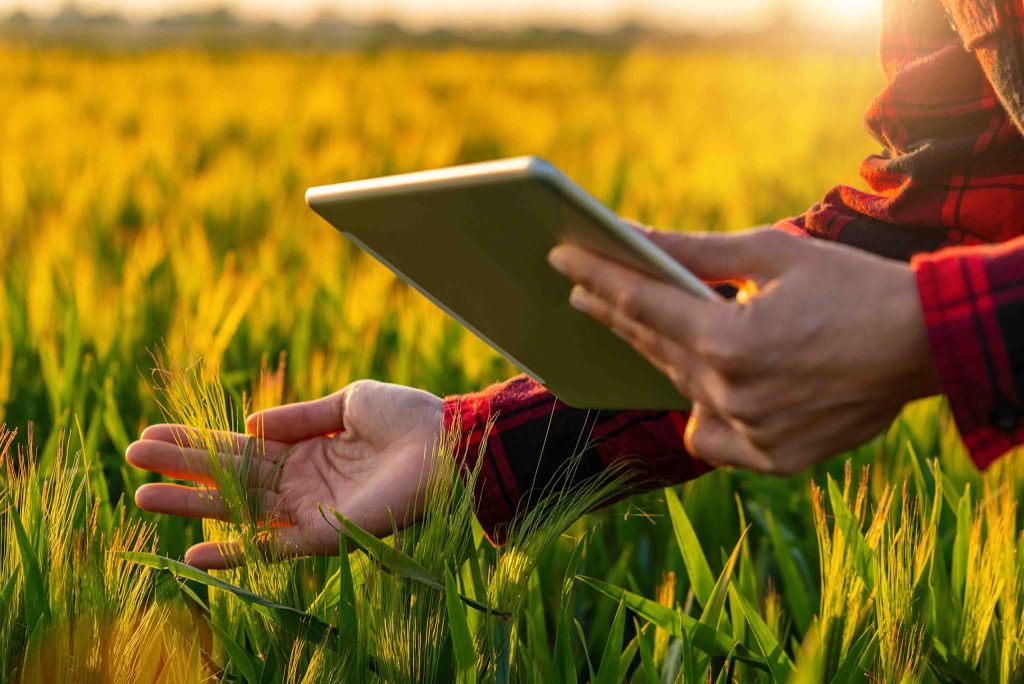
Introduction Gone are the days when a farmer had to face operational and logistical difficulties. Now, with the help of a farm management system, it is easier to optimize all operations with precision and efficiency, reducing costs. With the help of such modern day software, farmers can effectively manage records, inventory, etc. Thus, choosing the […]
How CTRM Software Empowers Farmers and Agribusinesses in Optimising Yield and Revenue
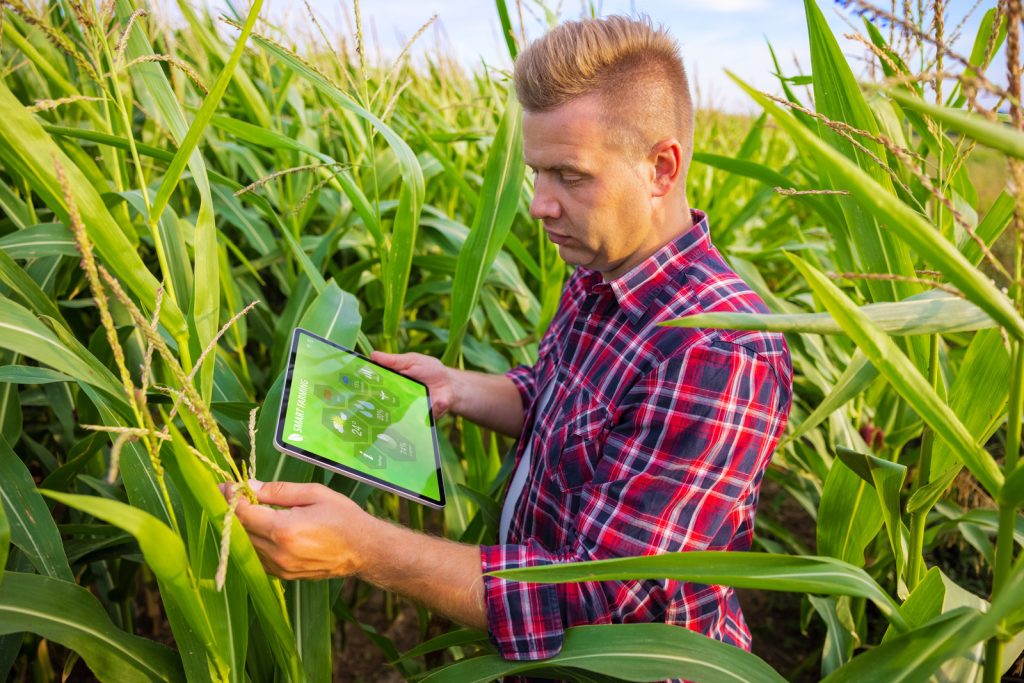
In recent years, the agricultural industry has witnessed a significant transformation with the integration of advanced technologies such as Commodity Trading and Risk Management (CTRM) software. This innovative tool has empowered farmers and agribusinesses to optimise their yield and revenue in ways that were never possible before. Optimising Supply Chain Management One of the key […]
Record, Analyse, and Grow: The Impact of Software on Farm Record Keeping and Decision-Making

In the past, the image of a farmer hunched over a ledger, meticulously recording the day’s activities, was emblematic of a simple, albeit necessary aspect of agricultural life. Today, the advent of advanced software has revolutionised this foundational practice. For the modern farmer, record keeping isn’t simply about tracking past events; it’s a springboard for […]
A Beginner’s Guide to Choosing the Right Agri Software for Your Agri-Business
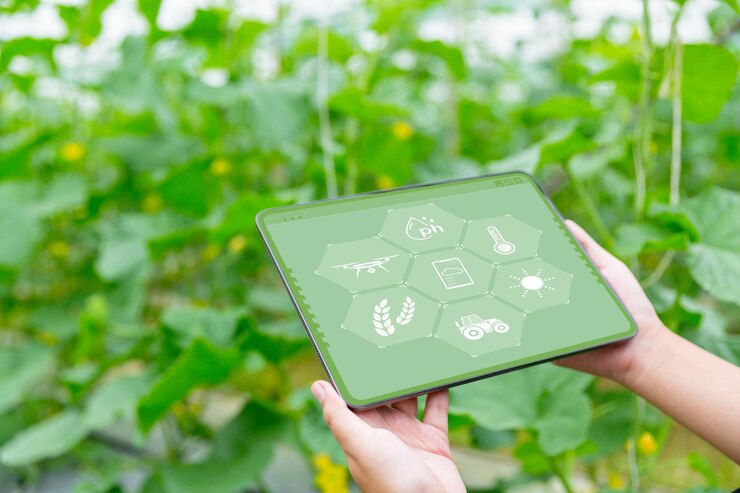
In the field of modern agriculture, the importance of agri software has become as integral as the equipment used in the fields. Streamlining operations, enhancing production, and ensuring sustainability are just some of the roles delegated to these digital tools. For agricultural entrepreneurs and farm managers, selecting the right agri software may seem daunting at […]
The Future of Farming: Cutting-Edge Features in Farm Record Keeping Apps
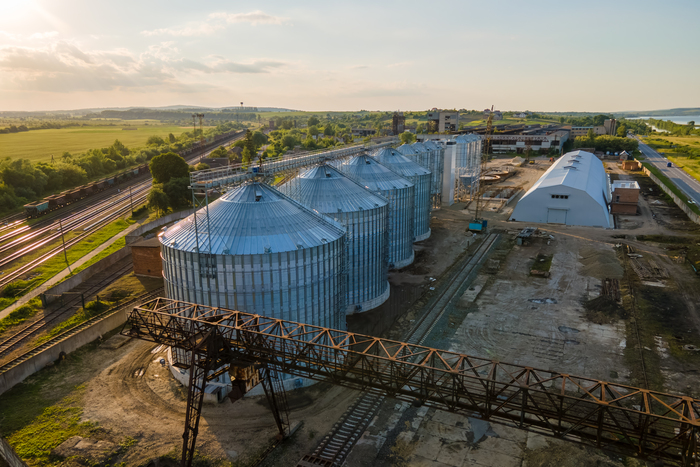
Agriculture is ever-evolving, and now, the use of technology has become indispensable. At the heart of these advancements lies farm record keeping, an essential component that has seen significant transformations in recent years. Let’s look into the future of farming by exploring the innovative features of farm record keeping apps that are set to redefine […]
Harnessing the Power of Agriculture Software for Sustainable Farming Practices

In an era where the challenges of food security and environmental conservation are at the forefront of global concerns, sustainable farming has risen to prominence as a crucial ethos. At the heart of this movement lies the integration of cutting-edge technology, and agriculture software emerges as a pivotal component. AgriChain dives into the multifaceted role […]







